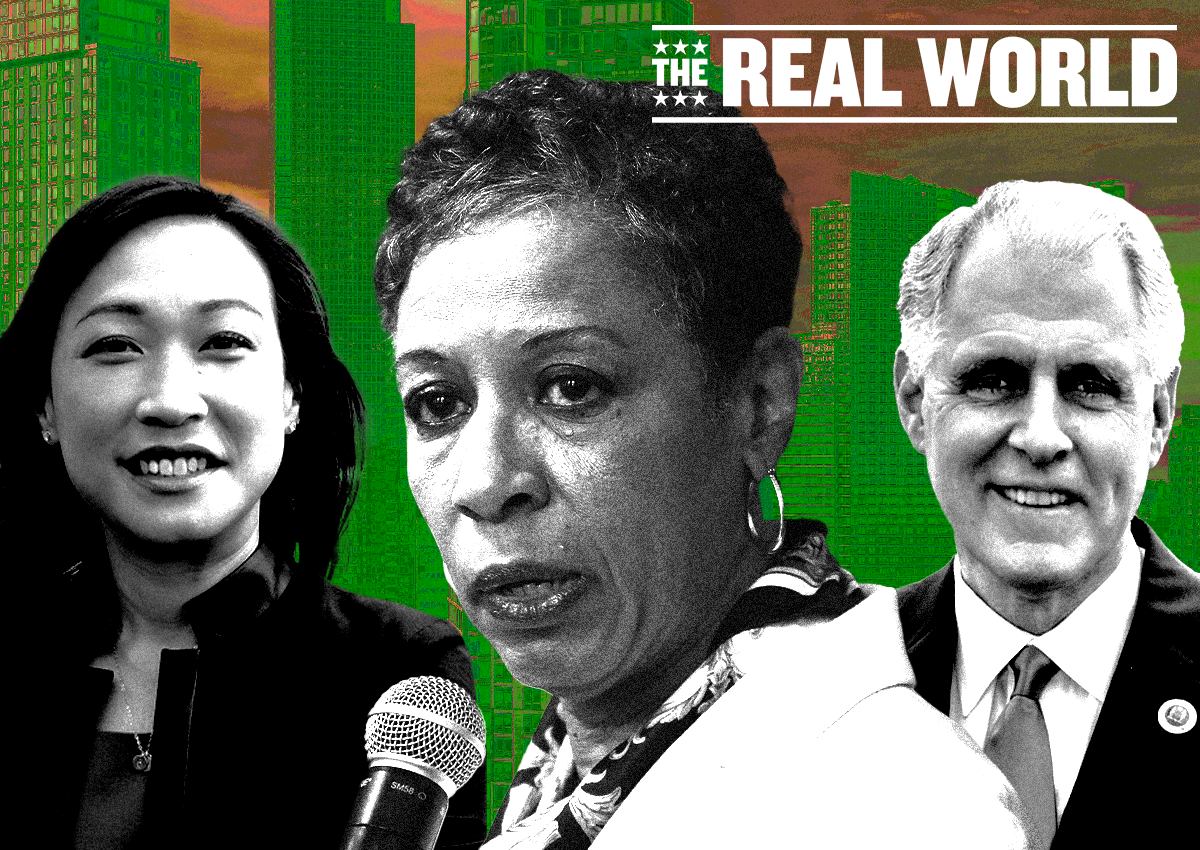
Co-op and condo boards facing big penalties from Local Law 97, the carbon emissions cap, experienced a surge of optimism last year when Queens Council member Linda Lee introduced a bill last April to soften the blow.
“Intro. 772, which would affect about 10 percent of the 50,000 buildings covered by Local Law 97, has strong backing among other members of the City Council,” declared Habitat, a publication focused on co-ops and condos.
As part of the law, co-ops and condos could include green spaces like gardens as part of buildings’ square footage, allowing for higher carbon emissions limits. It would also change the fee timeline for smaller buildings.
Supporters of the bill include progressives and conservatives, noted Geoffrey Mazel, an attorney for co-ops and condos. “We have DSA sponsors, we have MAGA sponsors,” he said, characterizing the bill’s 22 sponsors as “people with co-ops in their districts.”
But more than a year has passed and Intro 772 has not advanced. The only sign of progress was that New York Communities for Change, which opposes it, deemed it threatening enough to stage a December rally at the Rochdale district office of City Council Speaker Adrienne Adams.
For the bill to have any chance of passing, it would first need a hearing in the Council’s environmental committee, chaired by James Gennaro of Queens.
“Gennaro won’t call a hearing; I don’t know why,” said Mazel. “Adrienne Adams won’t push him. We’ve tried.”
The reason is that the bill, by changing formulas and delaying fines, would allow thousands of buildings to produce more global-warming emissions than they could under Local Law 97.
The progressives who champion Local Law 97 are not unsympathetic to middle-class homeowners facing large increases in their common charges to pay for retrofits, and would likely support subsidies. But they have drawn a line in the sand about emissions and don’t support allowing higher levels than what’s written in Local Law 97. The chief enforcer has been New York Communities for Change, the politically active nonprofit formerly known as ACORN.
Will city leaders bend? Gennaro is in his second stint on the Council and is less susceptible to pressure than Adams, who is running for mayor. But neither one has wavered on Local Law 97. And Mayor Eric Adams’ environmental commissioner, Rohit Aggarwala, has called Lee’s bill “absolutely wrong.”
“Buildings are the largest source of emissions in the city, and people who own real estate have got to recognize that part of their responsibility as owners is reducing the impact they have on the climate,” Aggarwala told Crain’s.
He was being disingenuous — building owners certainly recognize that responsibility. The issue is how much they must reduce their carbon footprints, and how to pay for the work — or the fines.
Queens co-op board member Jane Menton, who lives in a 158-unit building, said, “To be compliant by 2035, we need to cut emissions by 60 percent. The only way to meet that goal is to eliminate our natural gas infrastructure.”
Switching to electric heat and hot water is enormously expensive for giant co-ops built decades ago. Lee has said her bill aims to prevent “exorbitant” maintenance fees.
Menton has worked with other co-ops, including one that decided in 2017 to install solar panels on its carports. The project was expected to pay for itself in seven years, but Menton said the co-op will still exceed Local Law 97’s emissions cap by so much that compliance would render it insolvent.
If the Council refuses to budge, expect co-ops, condos and the rest of the real estate industry to look to Albany for relief. The state has the ability to override the city. But previous requests for help with the emissions cap have gone unheeded.

